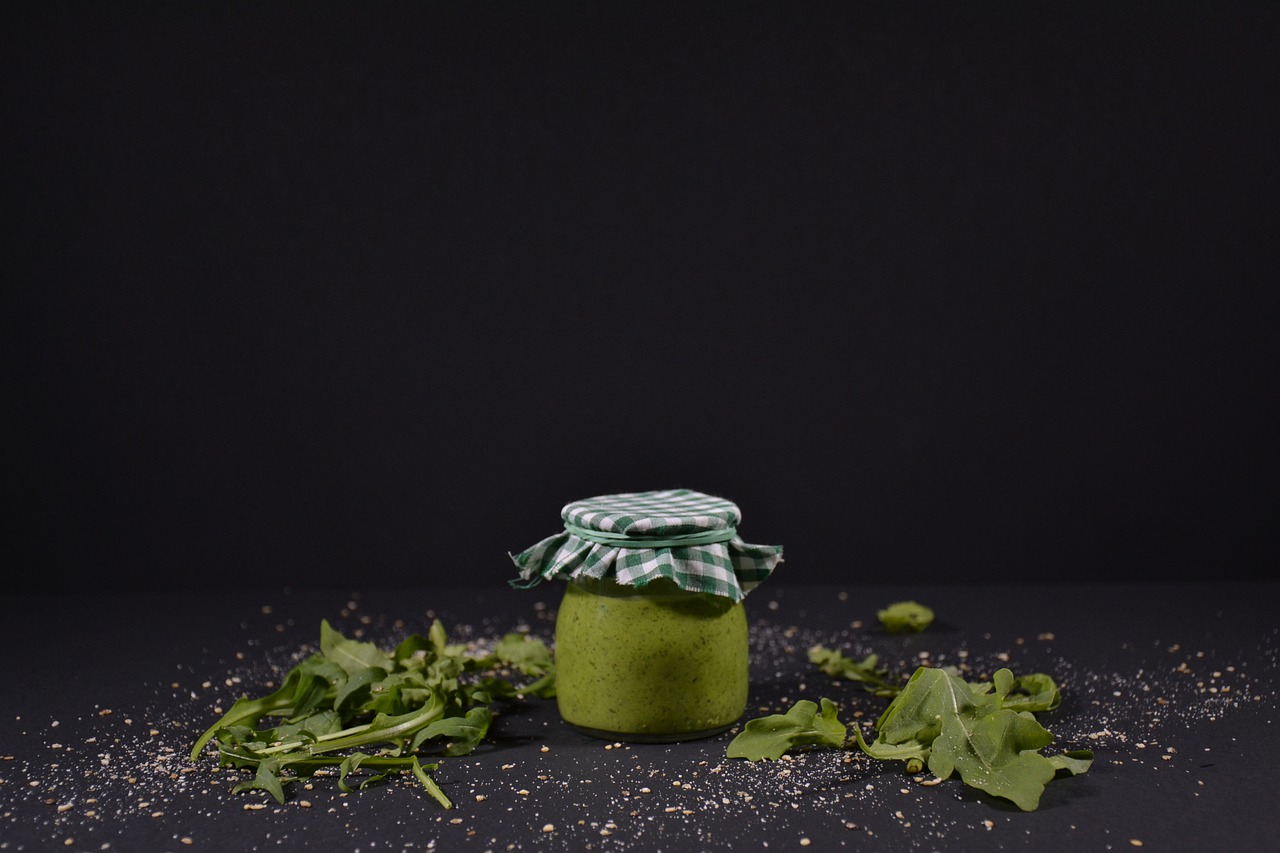Food Labeling for Sustainability: Certifications and Claims
Certifications play a crucial role in verifying the sustainability claims of products and services. These certifications are issued by independent organizations after a thorough evaluation process. They serve as a means of assurance for consumers that the products they are purchasing meet certain environmental or ethical standards. By looking for certifications on products, consumers can make more informed choices that align with their values and contribute to a more sustainable future.
Understanding the meaning behind these certifications can be complex, with each one representing different criteria and standards. Some common certifications include Fair Trade, Organic, and FSC (Forest Stewardship Council). These certifications indicate that the product has been produced in a way that is environmentally friendly, socially responsible, or meets certain quality standards. By familiarizing themselves with the various certifications and what they stand for, consumers can make more sustainable purchasing decisions and support businesses that prioritize ethical practices.
– Fair Trade certification ensures that producers receive fair wages and work in safe conditions
– Organic certification guarantees that products are grown without synthetic pesticides or fertilizers
– FSC certification signifies that products come from responsibly managed forests
– Consumers can look for these certifications to support sustainable practices and ethical businesses
Understanding Eco-labels
Eco-labels serve as indicators that products have been produced using environmentally friendly practices. These labels provide consumers with information about a product’s impact on the environment, helping them make informed purchasing decisions. By looking for eco-labels on products, consumers can easily identify items that meet specific environmental criteria set by reputable organizations or agencies.
One common eco-label is the USDA Organic label, which signifies that a product has been made with organic ingredients and without synthetic pesticides or fertilizers. Another well-known eco-label is the Energy Star certification, which indicates that a product meets energy efficiency guidelines set by the Environmental Protection Agency. Understanding the meaning behind these eco-labels empowers consumers to support sustainable practices and make choices that align with their values.
Different Types of Sustainability Claims
Understanding the various types of sustainability claims is crucial for consumers looking to make environmentally conscious choices. “Organic” claims indicate that products have been made without synthetic pesticides or fertilizers, promoting natural and sustainable farming practices. On the other hand, “Fair Trade” claims ensure that workers are justly compensated for their labor and that the product was produced in an ethical manner.
Another common sustainability claim is “Recyclable,” which signifies that the product can be recycled after use, reducing waste and promoting a circular economy. Additionally, “Carbon-neutral” claims indicate that the carbon emissions produced during the manufacturing and transportation of a product have been offset through various measures, making the product environmentally friendly. Understanding these different sustainability claims empowers consumers to make informed decisions that align with their values and contribute to a more sustainable future.
What are some common certifications associated with sustainability claims?
Some common certifications include Fair Trade, Organic, Rainforest Alliance, and LEED (Leadership in Energy and Environmental Design).
How can consumers understand eco-labels when making purchasing decisions?
Consumers can understand eco-labels by researching what each label represents in terms of sustainability criteria and looking for third-party certifications to ensure credibility.
What are some examples of different types of sustainability claims that companies may make?
Companies may claim that their products are recyclable, biodegradable, energy-efficient, carbon-neutral, made from sustainable materials, or support fair labor practices.
Are all sustainability claims regulated and verified?
No, not all sustainability claims are regulated or verified. It is important for consumers to look for third-party certifications to ensure that the claims are legitimate.
How can companies benefit from making sustainability claims?
Companies can benefit from making sustainability claims by attracting environmentally conscious customers, improving brand reputation, and potentially reducing costs through more sustainable practices.







